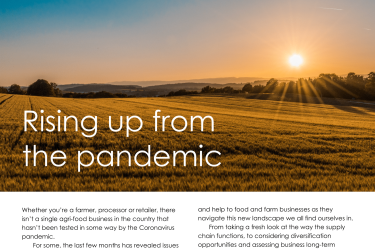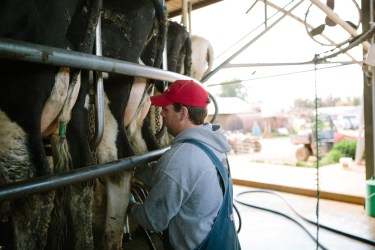By Nigel Davies
The old adage is that turnover is vanity, profit is sanity, but cash is king. This is particularly true in the extreme challenging circumstances we are currently experiencing.
Many farms are facing up to smaller milk cheques and higher feed costs at a time when overdraft limits may be looming following the winter. So how can you manage cash flow in these circumstances?
- Have a plan. A cash flow budget will tell you what is likely to happen to borrowings in relation to the overdraft limit and allow you to understand what actions might need to be taken. It will clarify the size of the mountain to climb. It can also help give the bank confidence that you understand the situation and have plans to alleviate any problems.
- Consider capital repayment holidays. If cash is tight do you have any loans repayments etc that could be deferred to reduce immediate demands? Many banks are prepared to consider repayment holidays which can help the monthly position, but remember that interest will still be due and need repaying in the future making the total loan more expensive in the long term.
- Explore trade credit. Delaying paying your suppliers by a few weeks may help reduce the peaks and pressure points but can only be seen as a very short term, one-off measure.
- Be very careful not to be tempted by secondary and tertiary lenders. There are many organisations who will lend you money, but typically at very high-interest rates. Unless you believe the prospects for the business can be quickly and radically transformed, they should be avoided at all costs. There are plenty of examples of farms ending up in an irretrievable spiral of debt having resorted to such lenders.
UK banks are generally very supportive of UK Agriculture and there are very few viable businesses who will not be offered support by the bank. Working with your bank and demonstrating a clear plan early will be the best way to ensure sufficient cash for the next few months.







